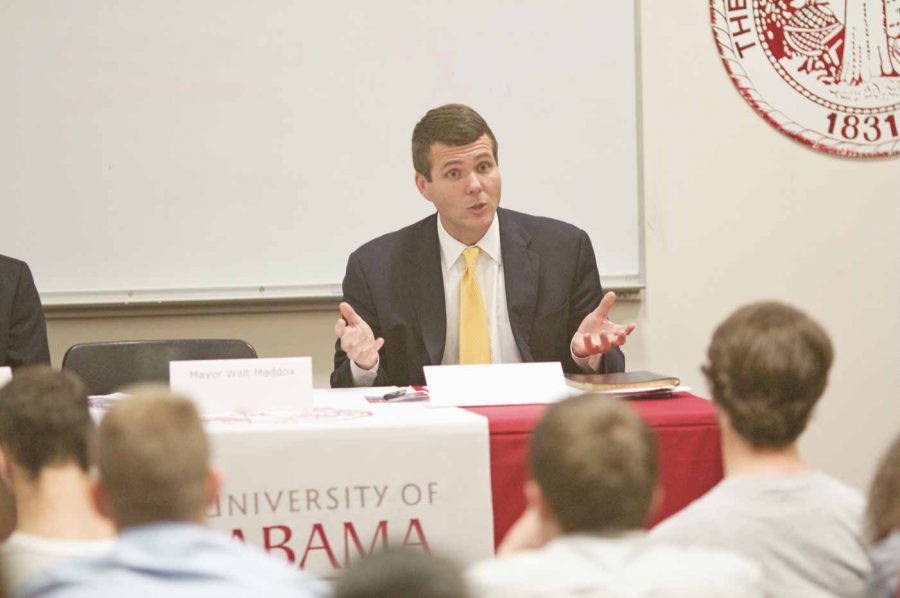Home to many campus extracurricular programs, The University of Alabama Honors College attempts to create a place where ideas flourish into opportunities that improve the UA campus, community and student experience.
Events are hosted throughout the year and cater to a variety of student interests. The college offers coffee hours, guest speaker events, dances, community service opportunities and career development opportunities.
“The Honors College really houses a lot of motivation and passion,” Emily Broman, executive vice president of the Honors College Assembly, said.
Broman said HCA specifically tries to host events that will bring students together. This semester, the college will host HCA talks, which she described as an “exploratory coffee hour” featuring guest lecturers to discuss research or current events with students. In February, HCA will host a semi-formal Midnight Masquerade at Cypress Inn for all honors students.
Honors Year One, an organization designated to support freshmen within the Honors College, hosts weekly coffee hours in Ridgecrest, the primary honors housing community on campus.
In an effort to involve students and local community members in a productive dialogue about current issues, honors students founded Town Hall. The program began in Fall 2012 and takes place three times each semester.
“We are trying to find a way to get students actively involved in conversations with community members, the University and state leaders about important issues going on right now that are relevant to students,” said Derek Carter, a coordinator and founding member of the Town Hall events. “We want [students] to be hearing from the people who are making decisions.”
Like many programs within the college, Town Hall is still new and developing every semester. Ashley Buchanan, a Town Hall coordinator, said one of her favorite things about the program is its organic nature. Coordinators are free to choose topics they feel will be most relevant to students.
“We are still feeling things out and seeing what people want to talk about and what interests them,” Buchanan said.
Most of the programs sponsored by the Honors College began as student ideas. Broman said she estimated the majority of the programs you see in the Honors College now were developed and organized by students.
“I would say 95 percent student ideas, but 100 percent faculty support. The faculty support is immeasurable,” Broman said.
Students with ideas for programs and events are encouraged to seek out the support of the Honors College.
“The Honors College is a diverse group of people,” Buchanan said. “All of the programming that goes on is outside of regular academics, so you get interesting topics with a diverse group of kids.”









